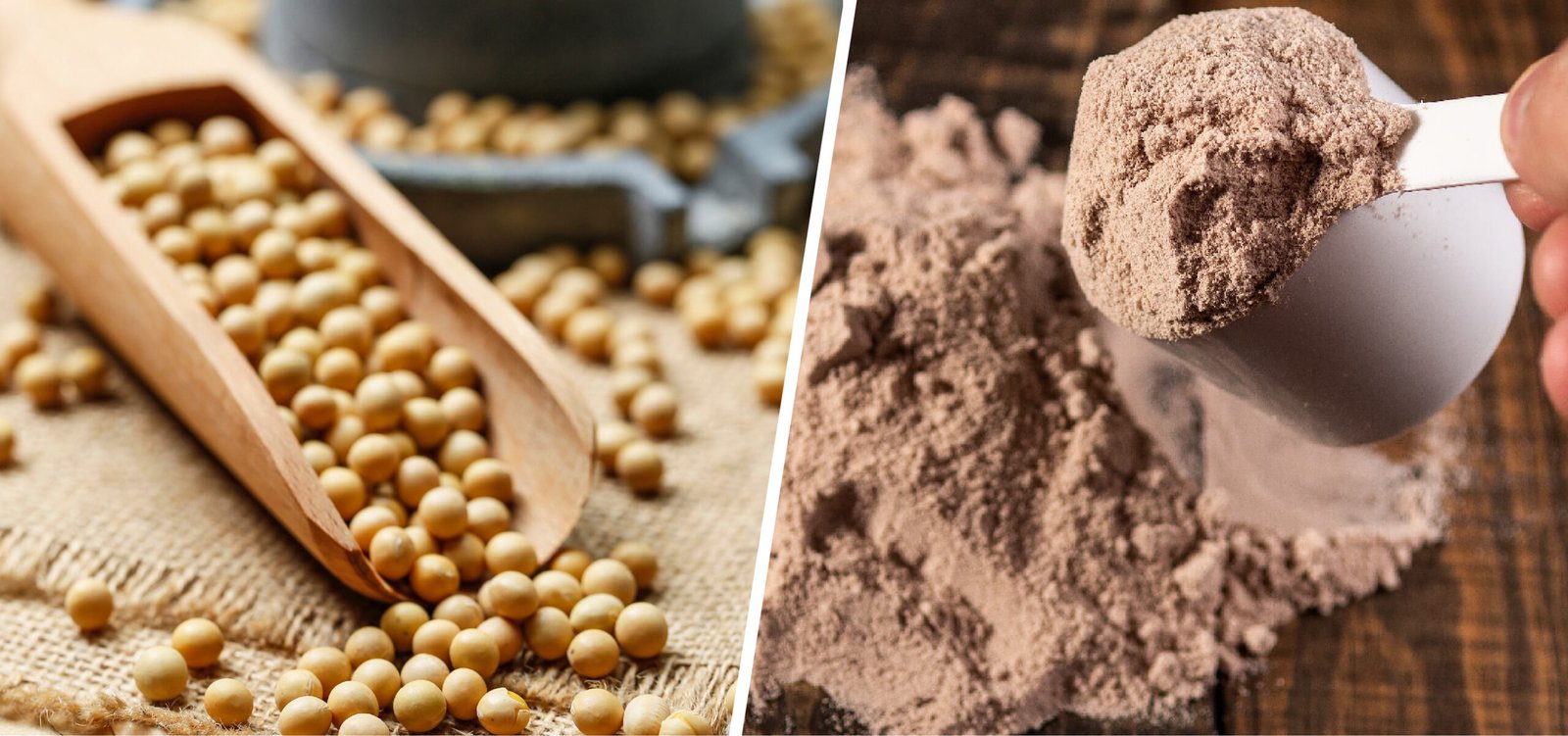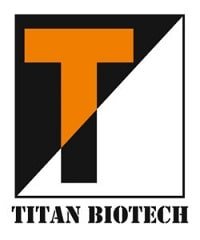Table of Content
- Whey Protein
- Pea Protein
- Pea Protein vs. Whey Protein
- Conclusion: Is Whey Protein Better Than Whey?
- Titan Biotech Limited- Leading Manufacturer & Exporter of Pea Protein & Whey Protein
- References
Proteins are essential macromolecules composed of amino acids that play crucial roles in the body’s structure and function. They are the building blocks of muscles, tissues, and organs and are vital for cell growth, repair, and maintenance. Proteins support the production of enzymes and hormones, which regulate various biochemical processes, and antibodies, which support the immune system.
Protein’s functional benefits include promoting muscle growth and repair, supporting metabolic functions, aiding in weight management by increasing satiety and maintaining overall health. The daily protein requirement varies based on age, sex, and activity level. The average adult’s RDA is 0.8 grams of protein per kg of body weight. Also, individuals engaged in intense physical activity or with specific health conditions may require higher protein intake to meet their body’s needs.
In the world of fitness and nutrition, protein powders have become a staple for many. Among the many options available, pea protein and whey protein stand out as two of the most popular choices. But which one is better? Let’s discuss the details and compare these two protein powerhouses on several key parameters: nutritional profile, digestibility, allergenicity, environmental impact, and taste.
Whey Protein
Whey protein is sourced from milk and has all essential amino acids. It is rich in branched-chain amino acids, crucial for muscle repair and growth. Whey protein is absorbed rapidly, making it an excellent post-workout supplement.
Pea Protein
It is derived from yellow peas and has essential amino acids such as lysine and arginine. Pea protein’s amino acid profile effectively supports muscle growth and recovery.
Pea Protein vs. Whey Protein
Whey and pea protein are two popular types of protein supplements, each with distinct characteristics. Here’s a comparison highlighting their differences
-
Digestibility
Whey Protein is easy to digest but can cause issues with people who are lactose intolerant or have dairy sensitivities. This can potentially lead to bloating and digestive discomfort.
Pea Protein is easily digestible, hypoallergenic, and suitable for individuals with dairy allergies or sensitivities.
-
Allergenicity
Whey Protein can trigger allergic reactions in people with dairy allergies.
Pea Protein is usually free from allergens such as dairy, gluten, and soy, making it a safer option for people with various allergies.
-
Taste and Texture
Whey Protein has a smooth texture and palatable taste, especially in flavoured forms. It blends well in shakes and various recipes.
Pea Protein often has an earthy taste and can be gritty. However, advancements in food technology have improved its flavour and texture, making it more acceptable to consumers.
-
Absorption Rate
Whey protein is easily absorbed by the body and is ideal for post-workout recovery. It rapidly supplies muscles with essential amino acids, while pea protein is absorbed slowly and sustains amino acid release.
-
Dietary Preferences
Whey Protein suits those who include dairy in their diet and are looking for rapid muscle recovery.
Pea Protein is ideal for vegans and those with dietary restrictions related to allergies or lactose intolerance.
Despite their differences, pea protein and whey protein have similarities, making them both popular choices for those seeking to supplement their protein intake. Here are the fundamental similarities between the two:
-
High-Quality Protein Sources
Both pea protein and whey protein are complete proteins and have all nine essential amino acids required by the body. This makes them highly effective for muscle repair and growth.
-
Muscle Building and Recovery
Both proteins effectively promote muscle protein synthesis for muscle building, repair, and recovery after exercise. Athletes and fitness enthusiasts often use them to enhance performance and recovery.
-
Versatility
Pea protein and whey protein powders can be used in various ways, such as shakes, smoothies, baking, and cooking. This versatility allows them to be incorporated into different diets and meal plans.
-
Nutritional Benefits
Both protein types provide essential amino acids and other nutrients that support overall health. They benefit those who increase their protein intake to meet daily nutritional needs.
-
Satiety and Weight Management
Both pea and whey protein increase feelings of fullness and reduce appetite, which can benefit weight management and reduce overall caloric intake.
-
Convenient Supplementation
Both types of protein powders are convenient for supplementation. They offer an easy and quick way to boost protein intake, especially for individuals who may have difficulty meeting their protein needs through whole foods alone.
-
Protein Quality and Digestibility
Both proteins are high-quality and easily digestible. While whey is known for its rapid absorption, pea protein also offers good digestibility, making both suitable for different dietary needs and preferences.
Conclusion: Is Whey Protein Better Than Whey?
The selection between pea protein and whey protein ultimately depends on individual needs and preferences. Whey protein might be your best bet if you want muscle recovery and growth and have no issues with dairy. The complete amino acid profile and quick absorption make it ideal for post-workout recovery.
Pea protein is a fantastic alternative if you have dietary restrictions or allergies or prefer a more sustainable option. It offers a complete amino acid profile, is gentle on the stomach, and has a lower environmental impact.
Both pea and whey proteins are excellent protein sources that can help you meet your fitness and nutritional goals. By considering factors like digestibility, absorption rate and allergenicity, you can make an informed decision that aligns with your lifestyle and values.
Titan Biotech Limited- Leading Manufacturer & Exporter of Pea Protein & Whey Protein
Titan Biotech manufactures and markets raw material ingredients. It is a leading manufacturer and exporter of nutraceuticals, pharmaceuticals, food, beverage products and animal nutrition. With over 32 years of experience and a presence in 100+ countries, we have over 2000 happy customers.
Call or write to us if you require top-quality proteins, either pea protein or whey protein. Our experts will contact you as soon as possible.
References
- https://www.ncbi.nlm.nih.gov/pmc/articles/PMC6358922/
- https://www.frontiersin.org/articles/10.3389/fnut.2023.1210215/full

